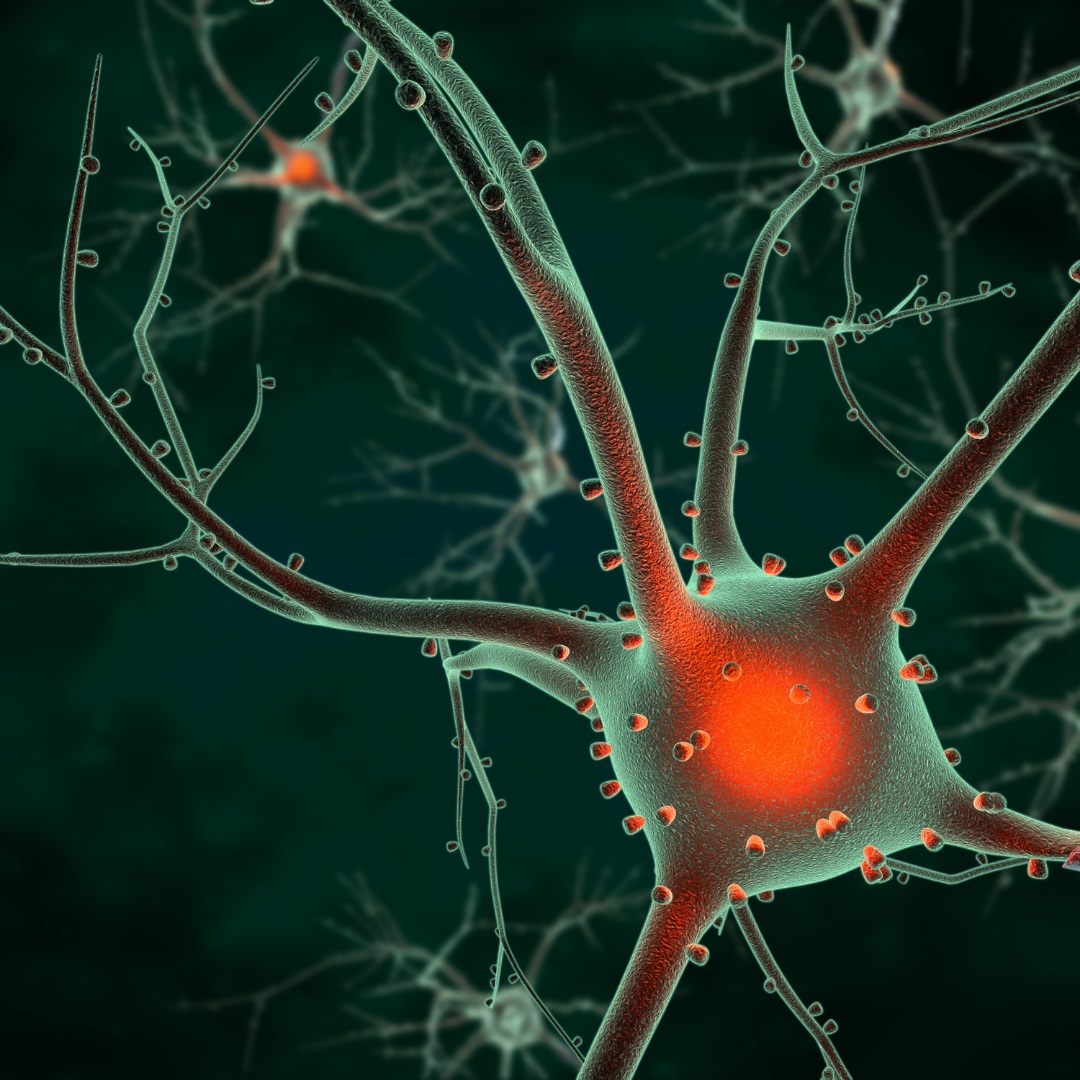 As we age it becomes important to know about foods that improve brain function. The goal of wellness today goes deeper than the quest for a healthier body; it also includes the search for a healthy mind.
As we age it becomes important to know about foods that improve brain function. The goal of wellness today goes deeper than the quest for a healthier body; it also includes the search for a healthy mind.
In fact, science shows that physical health factors such as diet and physical exercise also correlate with cognitive health.
Cognitive wellbeing covers the normal brain and executive function, It is also about depression regulation and other mood-related factors.
Cognitive loss is part of normal aging as well as the risks for Alzheimer’s disease and other dementia conditions.
An Acidic Response Indicates That The Brain Is Impaired
In recent research projects in Italy, neuroinflammatory and Alzheimer’s studies have explored the potential role of food that can improve brain function.
 They are looking at how to reduce the forms of inflammation that induce mental function loss.
They are looking at how to reduce the forms of inflammation that induce mental function loss.
And although more study is required, a recent review paper revealed that certain diets could be anti-inflammatory to protect the brain against Alzheimer’s disease.
Data collected from the National Health and Nutrition Examination Survey (NHANES) is linked to the higher Dietary Inflammatory Index.
This is a way of quantitatively evaluating the role of a diet in inflammatory and chronic disease indicators.
As well, it looks at how to decrease the risks of depression, a cognitive health factor.
The Gut-Brain Axis
The gut-brain axis, which is the cellular, endocrine, and neurological signage between the nervous systems of the gastrointestinal tract and the brain is another field of focus for inflammation’s cognition impact.
Various factors, including diet, medications, chronic disorders, and intestinal microbiota composition impair coordination along the gut-brain axis.
One research study associated the neurotransmitter function of intestinal bacteria with depression.
Alzheimer’s and other dementia animal models indicate that intestinal bacteria synthesize chemicals influencing cognitive health.
Foods For Cognitive Health
 Walnuts: Several studies indicate that nuts, particularly walnuts, may have a potential relationship to cognitive health.
Walnuts: Several studies indicate that nuts, particularly walnuts, may have a potential relationship to cognitive health.
Vitamin E and special polyphenols, like ellagitannin pedunculagin, are found in walnuts.
Ellagitannins are antioxidant and anti-inflammatory and release a compound triggered by intestinal bacteria by hydrolysis.
Walnuts have more omega-3 fatty acid, alpha-linolenic acid, than most nuts.
Fatty Fish: The advantages of fatty fish intake is linked to its high levels of omega-3 fatty acids.
Turmeric: Healthline cites numerous studies that describe turmeric as having substantial benefits for brain health as quoted, “Curcumin, the active ingredient in turmeric, has been shown to cross the blood-brain barrier, meaning it can directly enter the brain and benefit the cells there. It’s a potent antioxidant and anti-inflammatory compound that has been linked to the following brain benefits. May benefit memory: Curcumin may help improve memory in people with Alzheimer’s. It may also help clear the amyloid plaques that are a hallmark of this disease.”
Healthline also cites that turmeric may ease depression and promote cell growth in the brain.
 Think Blue: Scientists report that after performing a 12-week analysis on participants who ingested a concentrate of blueberry (387 mg anthocyanidins/30 mL) versus placebo found they improve brain function.
Think Blue: Scientists report that after performing a 12-week analysis on participants who ingested a concentrate of blueberry (387 mg anthocyanidins/30 mL) versus placebo found they improve brain function.
This concentration is equivalent to one cup of blueberries daily.
Broccoli: Broccoli provides key plant antioxidants and it is rich in vitamin K, which is a fat-soluble vitamin that forms sphingolipids, a special fat densely packed into brain cells.
Studies have linked vitamin K with improved memory.
Broccoli further contains other compounds both with antioxidant and anti-inflammatory properties that protect the brain from damage.
Coffee: Coffee is a very healthy drink that is loaded with antioxidants that benefit both the body and mind.
 Caffeine also has a number of positive effects that can improve brain function.
Caffeine also has a number of positive effects that can improve brain function.
Sharpened concentration is one of those benefits as shown in one study that found that people who drink one large cup in the morning and more throughout the day enjoyed better concentration.
Long-term coffee consumption is also linked to a lowered risk of dementia conditions such as Alzheimer’s and Parkinson’s disease.
Poor Diet and Decreased Mobility Can Increase Risks of Developing ARCD
Age-Related Cognitive Decline (ARCD) is a public health crisis in the United States.
The Centers for Disease Control (CDC) defines cognition as the ability to learn, remember, and make judgments.
Scientists state that cognitive decline is not a normal or inevitable part of aging.
 Yet over 10% of the population ages 45-65 report symptoms of cognitive decline and over 11% of the population over age 65 report these symptoms.
Yet over 10% of the population ages 45-65 report symptoms of cognitive decline and over 11% of the population over age 65 report these symptoms.
According to the Alzheimer’s Association, over 10% of the population age 65 and older has Alzheimer’s disease, which begins as mild cognitive decline and advances to severe cognitive decline.
A study reported in the journal Neurobiology of Aging states that poor diet plays a role in increasing the risk of ARCD.
In conjunction with diet, researchers have classified 33 chronic diseases into Sedentary Death Syndrome, including the risk of ARCD based on decreased mobility.
Scientists agree that 30% of aging is based on genetics, while 70% is based on lifestyle factors, including poor diet and decreased mobility.
The Importance of a Healthy Diet
 The hippocampus is the area of the brain responsible for learning and memory.
The hippocampus is the area of the brain responsible for learning and memory.
A study published in the journal BMC Medicine reported that the Western diet results in a smaller hippocampus.
This means that there is less brain space for processing learning and memory.
The Western diet often lacks essential brain nutrients, including:
- B Vitamins and Folate
- Fatty Acids
- Antioxidants
A study published in the journal Neurochemical Research states that higher blood levels of B vitamins and folate decreased the risk for cognitive decline in older adults.
A further study done by Swedish researchers showed people with low levels of B Vitamins and folate were twice as likely to develop dementia.
Foods high in B Vitamins and folate include:
- Whole grains
- Nuts and seeds
- Legumes
- Dark, leafy vegetables
 Fatty acids, especially Omega 3 and Omega 6, are also vital to decreasing the risk of ARCD.
Fatty acids, especially Omega 3 and Omega 6, are also vital to decreasing the risk of ARCD.
A study published in the American Journal of Clinical Nutrition showed that a high intake of saturated fat instead of unsaturated Omega 3 and Omega 6 fat increased the risk of ARCD.
The Cognitive Health and Aging Project was done in Chicago, Illinois, showed the same risk.
Foods high in Omega fatty acids include many types of fish, seeds, and avocados.
Antioxidants, including vitamins A, C, and E, protect the brain from free radicals that build up during aging and damage brain cells.
A study in the journal Neurology showed that high antioxidant intake decreased the risk for ARCD.
Berries, fruits, and vegetables are foods that contain high levels of antioxidants.
The Need to be Physically Active
 Being physically active is also crucial to lowering the risk for ARCD.
Being physically active is also crucial to lowering the risk for ARCD.
Many studies show that mobility protects the brain against aging changes, including changes that affect memory, attention, and task completion.
Regular exercise has been shown to preserve cognitive function and help prevent dementia.
One such study, published in the Journal of Molecular Neuroscience, reported that regular exercise improved cardiovascular health.
Improved cardiovascular health also helps to prevent ARCD because it increases blood flow to the brain.
Increased blood flow has been shown to provide more helpful nutrients to the brain.
Another study in the journal Neuropsychology showed that increased mobility protected the hippocampus from decreasing in size and reduced the risk of ARCD.
 According to studies published in Medicine & Science in Sports & Exercise, increased mobility improves the brain’s information processing speed.
According to studies published in Medicine & Science in Sports & Exercise, increased mobility improves the brain’s information processing speed.
A randomized controlled trial published in the journal Geriatrics and Gerontology International showed that increased mobility improved brain function in patients with Alzheimer’s disease.
Study after study shows that a healthy lifestyle, including diet and exercise, helps prevent the risk of ARCD.
Diet and exercise changes can also improve cognitive function in people already experiencing ARCD.
Power Foods for the Brain with Dr. Neil Barnard Video:
A balanced diet is the most reliable way to make sure the brain stays healthy and that we get to live our best life into old age.
Author Virginia Wolf eloquently quoted, “One cannot think well, love well, sleep well if one has not dined well.”





